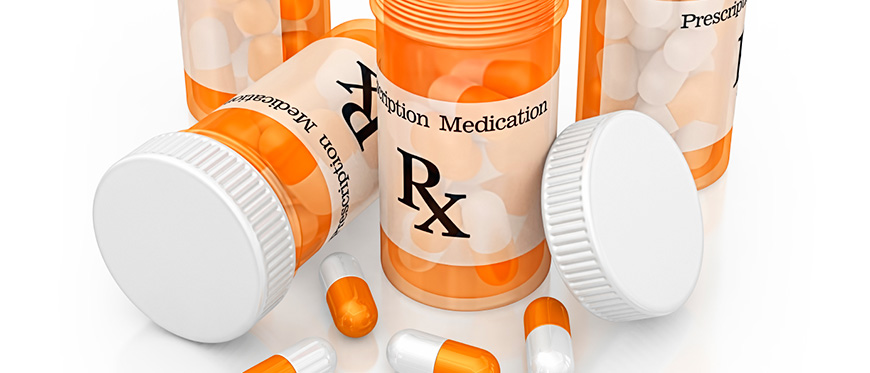New rules governing how providers prescribe opioids to their patients will go into effect in Vermont on July 1, 2017. The State of Vermont passed these new rules in response to an increasing number of patients becoming addicted to prescribed opioids.
The goal of the law is to inform patients, keep them safe and reduce overuse or misuse of these drugs.
Changes to Your Care
Starting July 1, 2017, you will see the following changes in your care if you are being prescribed opioids to treat pain:
- All patients prescribed opioids will be told about the possible risks of and alternatives to the prescribed drugs. Opioids can interact negatively with other medications.
- We want you to understand these risks, so please ask any questions and discuss any concerns with your provider.
- You will be asked to sign a consent form. If you are prescribed opioids for chronic pain (more than 90 days), you will be asked to follow up with your provider on a regular basis.
- The law asks providers to limit the amount of opioid medication that is prescribed to only what is necessary to treat your pain.
- If you are being prescribed buprenorphine or methadone, your provider will discuss separate considerations on an individual basis.
How You Can Help
The first thing to understand about opioid abuse and addiction is that anyone can get addicted to these powerful drugs. It does not matter how much money you make, what type of family you are from, where you grew up, or what ethnicity you are; everyone is vulnerable.
While this new law will certainly have a role in reducing opioid use, it is equally important for all members of our community to understand and recognize the dangers of opioids.
If you (or your child) require pain medication, ask yourself, “Do I/we really need this?” and talk with your doctor about risks, side effects and other ways to treat your pain.
If you decide to take an opioid drug, here’s what you need to know:
Using this drug may cause addiction.
- Opioid addiction is a lifelong problem. It can start with just one prescription.
- Children and youth have a higher risk of future addiction if they take opioids when they are young. Take only what you need.
- You do not have to use all of your opioid prescription.
An overdose can happen to anyone.
- Don’t take more medication than your provider prescribed.
- Taking too much or taking it with alcohol or other drugs can cause an overdose. You might stop breathing, go into a coma, have brain damage, or die.
- Tell your provider if you use alcohol or other medications or drugs. Tell your provider if you have used alcohol or drugs in the past. If you think you are at high risk of an overdose, talk to your provider about your options.
Do not drive or use heavy machinery.
- Opioids can slow your reaction time. They can also cause drowsiness and confuse your judgment.
Store prescriptions properly.
- Keep prescription drugs locked up. Make sure kids, family, and guests can’t get to them. Know where your medication is at all times. Keep it in the original bottle. Make sure the label is clear. Never share or give away your prescription drug, even to family or friends.
Dispose of leftover medicine safely.
- Don’t flush prescription drugs down the toilet or wash them down the sink. Flushing drugs or throwing them away can harm drinking water, wildlife, pets and people. In Vermont, you can drop off your unused medications at a permanent drug disposal site.
Source: healthvermont.gov/alcohol-drugs





